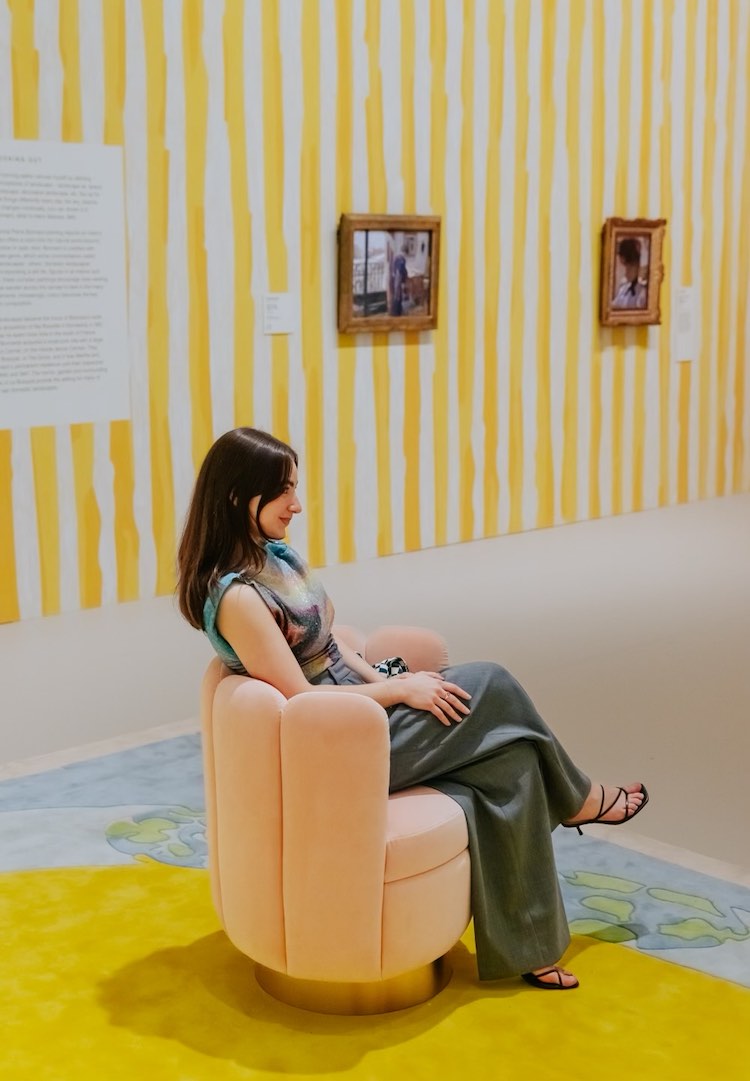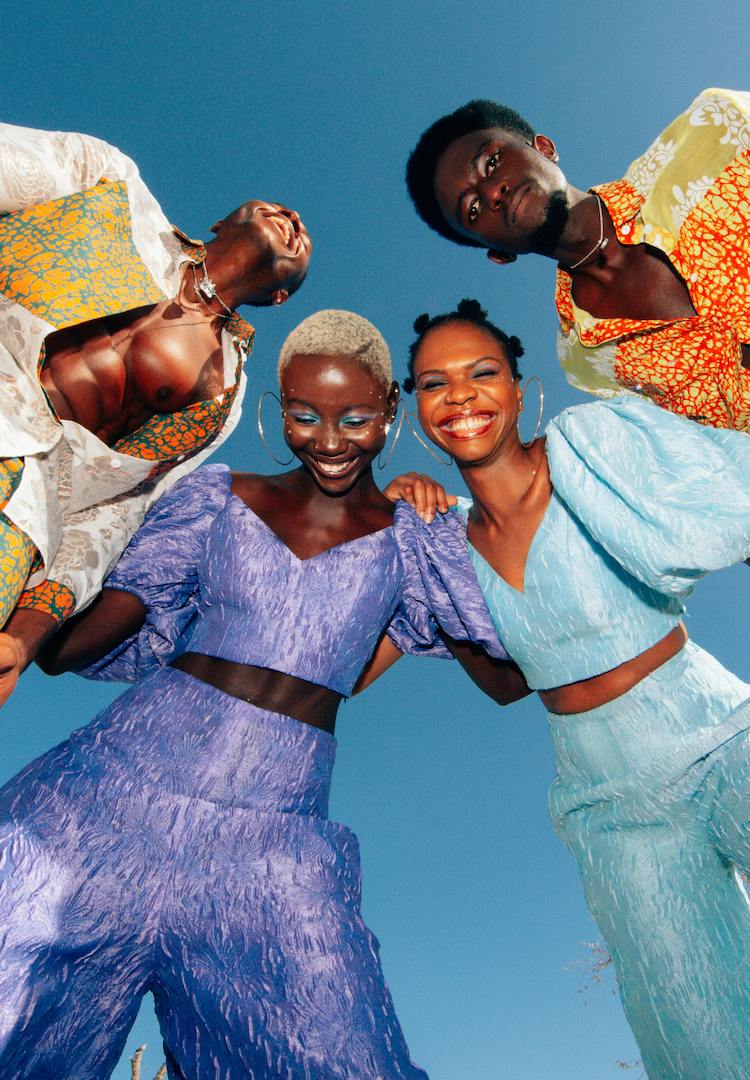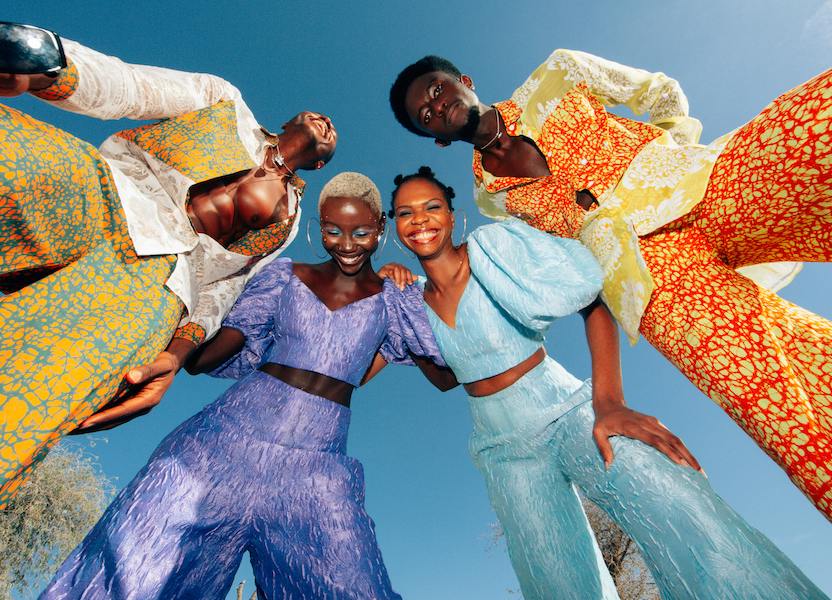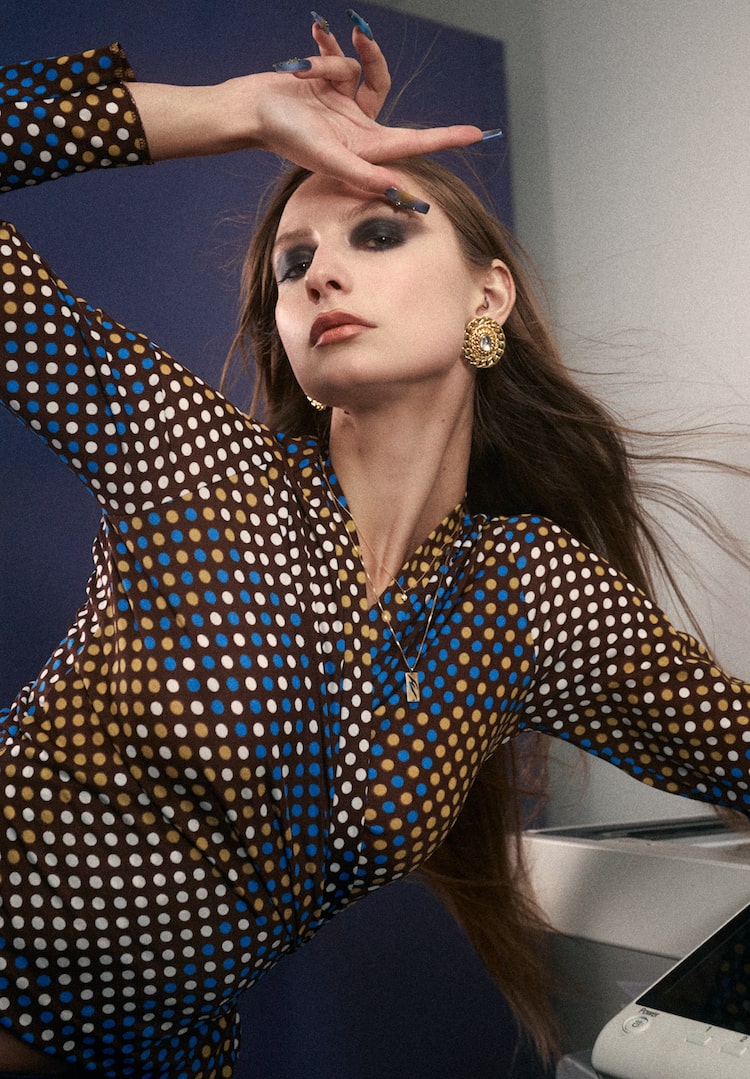Can men and women really be platonic friends?
WORDS BY BRONTE WINNEM
“More often than not, in popular culture, we watch ‘best friends’ of the opposite sex somehow turn into star-crossed lovers.”
If you live under a rock (or if you’ve deleted TikTok as part of your New Year’s resolutions) you may or may not have come across a popular audio that quotes a line from Dolly Alderton’s seminal memoir, Everything I Know About Love.
Echoing the book’s title, it coos in a very pleasing British trill, “Nearly everything I know about love, I’ve learnt from my long-term friendships with women.” The audio is often accompanied by videos that showcase brief snapshots of the magic kinship, tenderness and intimacy that often characterise female friendships.
Interested to hear how others navigate the world? Head to our Life section.
Trends like these are no surprise in the aftermath of Greta Gerwig’s Barbie, coupled with Billie Eilish’s now Grammy and Oscar-winning song ‘What Was I Made For’. Both have brought the sacred nature of friendships between women and the ineffable intricacies of being a woman itself to the forefront of our digital discourse.
Amid all of this heralding of female camaraderie, it’s worth unpacking the reason why friendships between women are so different from the friendships we hold with the opposite sex. Or lack thereof. Recently, writer and creative Maggie Zhou took to her TikTok to share one of her more obscure goals for 2024 – to “make a male friend.”
@maggie_zhoufriendship call-out!! lmao!♬ original sound – Maggie Zhou
She asked the 1.3 million viewers of the video two key questions, “How come I have zero male friends?” and “Where are you guys finding [yours?]” Maggie goes on to specify that yes, she does of course have males who are friends in her orbit. The issue is they’re all connected to her through either her partner or they’re the partners of her friends. What Maggie’s looking for is a standalone male friendship.
Now, I’m impartial to some lighthearted commentary and jokes that poke fun at men. It seems only fair when women get made fun of, teased, or ridiculed for just about any aspect of our existence. But we need a bit of nuance when it comes to discussing friendship and gender dynamics. I don’t believe comments left under Maggie’s video like “male friendships have never added anything to my life” are entirely helpful here.
The most alarming comments, though, were the warnings people left about “being careful”. One comment garnered almost 20,000 likes alone: “I want to make a male friend without feeling uncomfortable or feeling like they want something more”. This sentiment was shared in the comments – the idea that truly platonic friendships between men and women are either extremely rare or downright impossible. Basically, someone ends up wanting the other and most of the time, it’s believed to be the man.
The dynamic between men and women has been toyed with since the dawn of time. More often than not, in popular culture, we watch ‘best friends’ of the opposite sex somehow turn into star-crossed lovers. You don’t need to look far. Netflix’s recently released One Day series follows two ‘friends’ who, over 20 years, oscillate between being friends and lovers. And ironically, I can’t deny it’s a fantasy I’ve indulged in when it’s on my screen.
A little confused, I took to Google (as all good investigative journalists do) and clicked on the first journal article instantly: Men and Women Can’t Be “Just Friends”. It began by stating the obvious – in our world, non-romantic friendships between females and males are common. We work, live and socialise side by side every single day. However, there’s debate about whether this “platonic coexistence” is just a facade covering up the “countless sexual impulses bubbling below the surface”.
Growing up, I remember hearing, on multiple occasions, something to the effect of “I can guarantee you your guy best friend has definitely thought about fucking you”. The article, citing a 2012 research paper (completely legit, I may add), suggests there’s truth to statements like this and the ones littered in the comment section of Maggie’s TikTok.
The research found men were much more attracted to their female friends than their female counterparts were attracted to them (shock horror). Men were also more likely than women to believe their opposite-sex friend was attracted to them. Interestingly, each gender seemed oblivious to how the other felt about them. Men generally overestimated how attracted their female friends were to them, and women consistently underestimated the level of attraction felt by their male friends.
My jaw was on the floor, having it spelled out so plainly like that. It was surprising and unsurprising all at the same time. The article went on to explain the data also showed men were more willing to act on this (mistaken) perceived mutual attraction. Both genders had felt an attraction to opposite-sex friends in relationships, but women showed more sensitivity to their male friend’s relationship status. Overall, it made a pretty clear case that men have a harder time keeping things platonic.
As Maggie mentioned, the female-dominated industry she works in makes it a little more difficult to make and keep male friendships. For other women lacking male friendships, it probably comes down to reasons like location, interests or just sheer luck. But I do wonder – maybe the suspicions of an ulterior motive is what’s keeping women from looking for friendships with the opposite sex.
For more on platonic friendships, head here.













